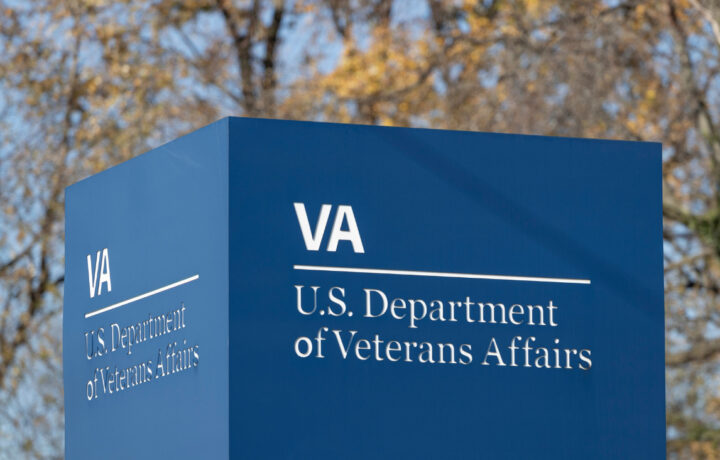In 2016, the Department of Veterans Affairs started measuring the level of trust that Veterans have in the organization. At the inception of the testing, 55% of Veterans had trust in what the VA could do for them, in the fact that they cared about them, or how the VA made them feel. As of 2024, that number is now right above 80%.
Veterans are reporting that it is becoming easier to get the care or services they need, that those services are effective, that they feel valued, and that veterans trust the VA to fulfill the country’s commitment to its veterans. And now, as the current VA Secretary, Denis McDonough, prepares to depart the office in the coming weeks, ‘that doesn’t mean a relaxed workload’.
Why the distrust?
Veterans’ distrust of the VA can stem from various issues, including personal experiences, systemic challenges, and historical grievances. Here are some common reasons veterans may feel this way:
1. Delays in Care
Long wait times for appointments and treatments have been a recurring issue. Scandals like the 2014 Phoenix VA wait-time controversy revealed systemic delays, leaving many veterans feeling neglected.
2. Inconsistent Quality of Care
While some veterans praise their VA care, others report subpar treatment, limited access to specialists, or outdated facilities. This inconsistency fosters skepticism about the VA’s ability to meet their needs.
3. Complicated Bureaucracy
Navigating VA systems for healthcare, benefits, or compensation can be overwhelming. The complexity of paperwork, unclear eligibility criteria, and frequent denials create frustration.
4. Lack of Trust in Leadership
Publicized scandals involving mismanagement, fraud, or poor accountability within the VA have eroded trust. Many veterans believe leadership prioritizes appearances over substantive reform.
5. Feeling Like a Number
Some veterans report feeling dehumanized in the system, treated more like case files than individuals with unique needs and histories.
6. Mental Health Care Challenges
While the VA has resources for mental health, many veterans feel these services are inadequate, stigmatized, or underfunded. Those seeking help for PTSD, depression, or anxiety often face delays or insufficient follow-ups.
7. Negative Word-of-Mouth
Veterans often share experiences with peers. Stories of bad experiences can deter others from engaging with the VA, even if they haven’t personally had negative encounters.
8. Generational and Cultural Gaps
Older veterans may distrust a system they perceive as slow to adapt, while younger veterans, particularly those who served in Iraq and Afghanistan, may feel the VA does not fully understand modern military challenges.
9. Alternative Care Options
With the rise of private-sector options like the VA MISSION Act, some veterans may prefer non-VA providers, viewing them as more accessible or responsive.
What is the leadership doing?
In an interview with the Military Times, McDonough stated, that this is a different VA because we have a lot more veterans getting care and benefits today than four years ago. That’s really important. Just take the PACT Act — 1.9 million claims submitted under the PACT Act, with 1.7 million of those already processed. Those are being awarded at a 75% grant rate.
McDonough also stated that he thinks the VA’s employees have changed their thoughts about their work. “We want to make sure that veterans understand that it is we who need to change our programs to fit into veterans’ lives, rather than expecting veterans to change their lives to fit into VA programming.”
The way ahead
The VA clearly still has some work to do. Admittedly, 83% is a surprisingly high number for veterans to admit, especially when the VA’s reputation is working so hard against them. With rebuilding the trust, especially at a time when a new wave of representatives is preparing to take their governmental seats, veterans will continue to hope that those who take those seats are working with their best interests at heart.
The VA secretary nominee is Doug Collins, an Air Force chaplain and former congressman who has stated, “We’ll fight tirelessly to streamline and cut regulations in the VA, root out corruption, and ensure every veteran receives the benefits they’ve earned,” Collins wrote. “Together, we’ll make the VA work for those who fought for us. Time to deliver for our veterans and give them the world-class care they deserve.”




